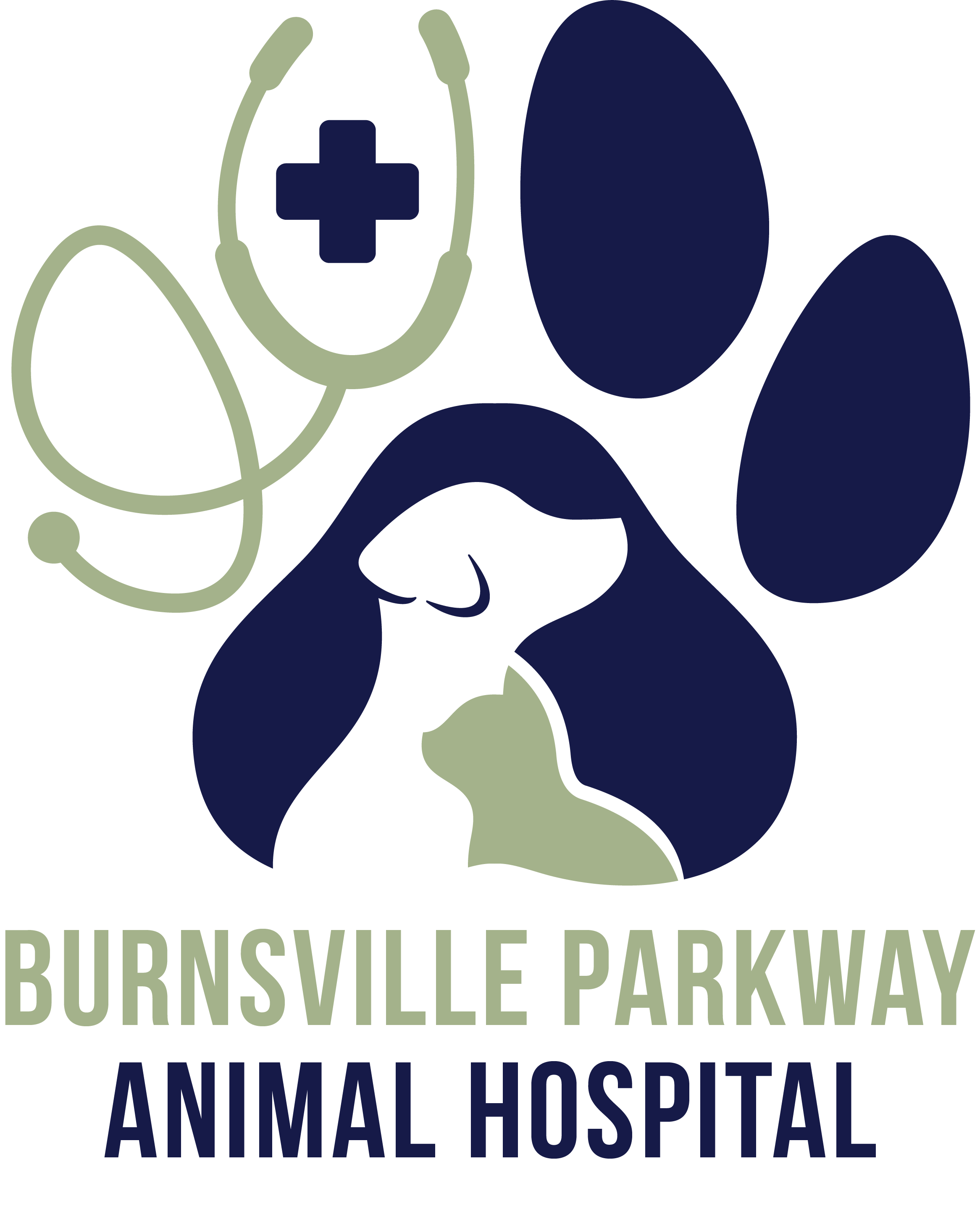Cold-Season Toxins for Your Dog
The coldest months of the year are upon us. It’s very important to keep your canine companion’s health and safety in mind during the winter, as there are a few dangerous toxins that present a threat! Learn more below from your Lakeville, MN veterinarian.
Pesticide Products
When the temperatures drop, small critters like insects and wild rodents might try to seek shelter inside our homes. We often use pesticide or rodenticide products to ward off the problem. If you have a dog at home, always use pesticides with extreme caution––these products are, after all, made to kill what comes into contact with them! Use pet-safe pesticides whenever possible, or try non-toxic methods like traps.
Antifreeze and Ice Melt
Although your dog will be remaining safely indoors for most of the harsh winter months, there are a few times when they’ll venture outside, whether it’s for a quick play session, a walk around the block, or to use the bathroom. There’s a chance that your companion will come into contact with ice melt, which can prove harmful. That’s because most ice melts are made with sodium chloride––also known as salt––which can cause poisoning if your pet ingests enough.
Antifreeze is another dangerous cold-weather toxin. We add it to car engines to keep them running during extreme temperatures, but it’s important to do so when pets aren’t around. Antifreeze could be made with ethylene glycol, a sweet-tasting alcoholic substance that can poison pets easily. Use antifreeze when Fido is indoors, and clean up spills right away.
Poisonous Plant Life
There are a few plants that could harm your dog in the wintertime. Lilies, holly and mistletoe left over from the holiday season, Autumn crocus, and Amaryllis are just a few examples. To be safe, check any bouquets or arrangements you have around your home for harmful plant or flower varieties. Remove anything dangerous so that your dog can’t chow down!
Cold and Flu Medicine
One cold-weather hazard that you may not have thought about is human medication. Cough syrup and aspirin can harm your pooch if he manages to ingest enough; NSAIDs (non-steroidal anti-inflammatory drugs) such as ibuprofen are particularly dangerous. Be sure to store all medicines safely where your dog can’t reach, and keep Fido’s own medicines in a separate area so there’s no confusion.
Does your dog need a veterinary examination? Schedule an appointment with your Lakeville, MN animal hospital.
